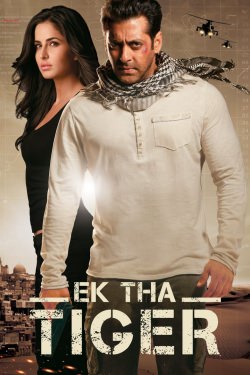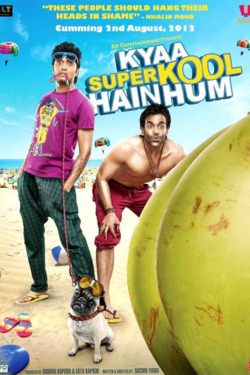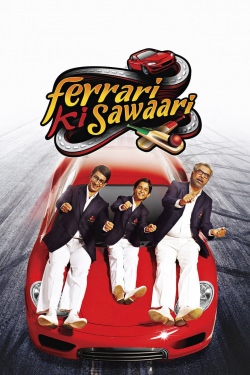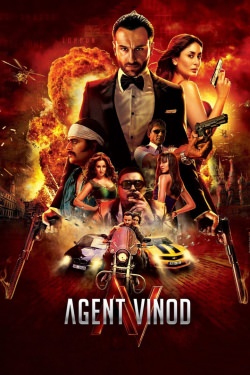Top Rated Films
Gaurav Malani's Film Reviews
-
So the story is about a compulsive flirt Gautam (Saif Ali Khan) who gets into a no-strings-attached relationship with the hot-n-happening Veronica (Deepika Padukone). Girl-next-door Meera (Diana Penty) is literally the girl Gautam takes home to his mother (Dimple Kapadia) to cover-up his live-in with Veronica. Until by interval point his heart starts fluttering for Meera. And the rest as they say is ‘history’.
-
The basic narrative of Bol Bachchan, more or less, follows that of the 1979 Golmaal and thereby Rohit Shetty’s film has a defined flow, which saves it from wandering aimlessly. Bettering the original would be an impractical idea that, perhaps, even Shetty is aware of. So he simply attempts to stay true to the original and keeps the cult scenes and characters untouched. So Archana Puran Singh reprises Dina Pathak’s role and poses as the mother (and also her twin sister) and makes the same backdoor entry when the scene demands it.
-
Rajesh Mapuskar does succeed in extracting decent performances from the entire cast. Sharman Joshi, as an uncertain and shy guy with a constant smirk on his face that tries to hide his inner sorrows, skillfully underplays his part. Occasionally he seems too passive but is still likeable.
-
Rowdy Rathore lives up to its name in creating too much noise for no reason. It also marks the end of a sensibility called Sanjay Leela Bhansali.
-
Gangs of Wasseypur Part 2 might not be as perfect as its prequel. Yet its two steps ahead of any revenge-drama, the most exploited genre and sentiment in Bollywood.
-
The film starts with an interesting prologue in Afghanistan and ends with a witty epilogue in London. How we wish the globetrotting in between was as much compelling. The film is entertaining but not in entirety. Agent Vinod gets the nod though not whole-heartedly!
-
The direction by the duo of Kirshan Baadal is consistently awful and so are the performances. Payal Rohatgi (the only identifiable face in the cast) seems on a hugging spree and only bores. Sangram Singh can’t act for nuts and bears a constant lost expression throughout. Rahul Minz is extremely irritating. Jameel Khan hams. And who cares for Rakhi Sawant’s yawn-inducing item song in the era of Chikni Chamelis.
-
In a smart conversational excerpt from the film, the hero downplays himself as an ordinary guy who doesn’t excel in any particular domain. But the heroine finds uniqueness in his commonplace conduct since he never overindulges into anything. She tags him with the paradox – ‘perfectly average’. That precisely defines the film as well. It’s perfect in whatever it offers. But what it offers is quite average in volume.
-
Love you to Death is supposedly a comedy film. And it makes you laugh too. But most of the times for the wrong reasons (anglicized accents, ludicrous scenes, ham acts). And even they are far and few between. The story keeps beating around the bush and by the time the narrative actually comes to point, the film bores you to death.
-
The common man might have upgraded from newspapers to television and cinema. But his chronicle continues to remain common. In a country governed by corruption, the common man is still ruled by red-tapism. The maximum that he can do is hurl a shoe at bureaucracy or slap the system. And that’s precisely what the hero of the film does. Beyond that he and his story are as powerless as the common man.

























